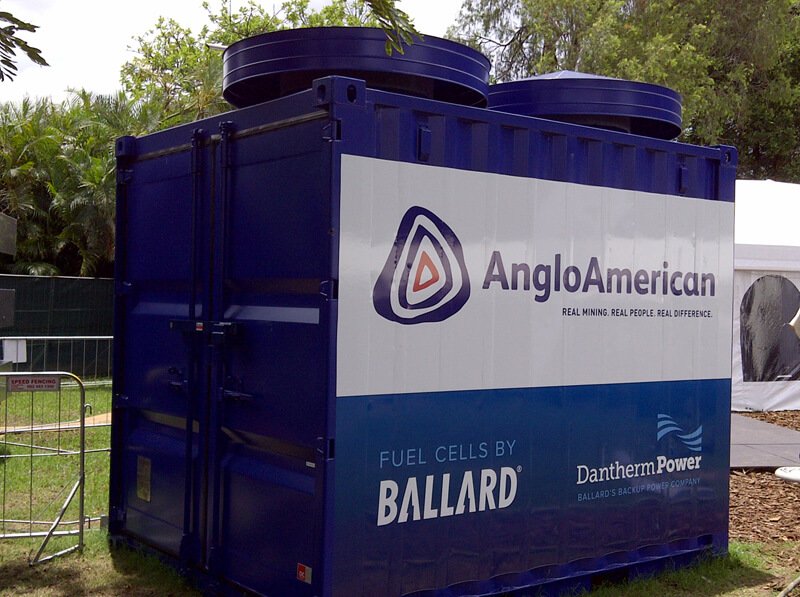Anglo American Set to Implement Major Cost Reduction Measures

Freezing Growth Spending and Job Cuts
Anglo American is reportedly preparing to halt growth spending and extend job cuts in South Africa. This move, which exceeds the company's initial savings target, could potentially lead to the closure of some high-cost platinum mines.
Announcement Expected Soon
The company is expected to announce these sweeping cost-cutting measures during its investor briefing on its three-year outlook, possibly as early as Friday. This information comes from five sources familiar with the matter.
Specific Measures Being Considered
- Suspension of the plan to increase production at the Mogalakwena mine under Anglo American Platinum.
- Possible care and maintenance of some shafts at the Amandelbult complex, particularly if metal prices continue to be low. This complex was initially targeted for mechanization and production expansion.
- A concentrator plant at Amandelbult might also be put on care and maintenance.
Implications for Jobs and Production
These actions are expected to lead to further job reductions and a decrease in planned production at the affected operations.
Initial Savings GoalAnglo American had initially set a goal to save $500 million by reducing jobs and some costs at its headquarters in Johannesburg, London, and other locations.
Company's Stance
Anglo American has not commented on these reported plans.
Context of South Africa's Platinum Mining
The country's platinum mining output has been on a decline over recent decades, with investors hesitant to fund new mines due to potential threats to demand for the metal from electric vehicles. Platinum, along with palladium and rhodium, is used in devices that reduce emissions from diesel and gasoline engines.
Strategic Shift for Anglo American
These cost-cutting measures reflect a strategic shift for Anglo American in response to the changing market dynamics, especially with the increasing focus on electric vehicles and the consequent impact on the demand for metals used in traditional combustion engines.





